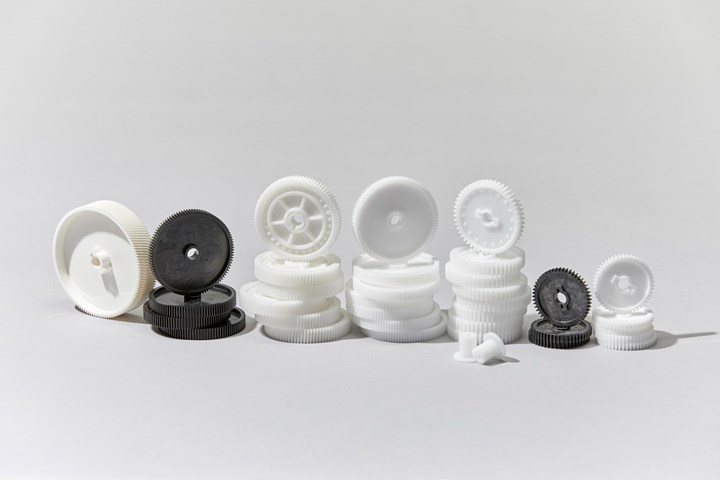Asahi Kasei and Mitsui to Collaborate on Biomethanol Supply and Procurement Systems
Asahi will use the biomethanol to produce engineering resins such as acetal.

Asahi Kasei Corporation and Mitsui & Co., Ltd. will establish a supply and procurement scheme for biomethanol produced in the United States. Through this scheme, Asahi Kasei plans to use the biomethanol procured from Mitsui to produce in Japan engineering plastics with a lower carbon footprint than existing products. Companies in Japan are increasingly stepping up their efforts to reduce GHG emissions throughout their product supply chains, including raw material-derived greenhouse gases, known as Scope 3 emissions, in order to achieve carbon neutrality by 2050, as advocated by the Japanese government.
In this context, Asahi Kasei is working to reduce GHG emissions by manufacturing various engineering plastics, such as Tenac, a polyacetal (POM) resin, using biomass-based materials with low GHG emissions. Asahi Kasei and Mitsui are working together to find solutions to various issues related to material procurement. In the United States, Mitsui procures RNG (renewable natural gas) generated from municipal waste landfills in the form of biogas and uses it in the mass balance approach to produce biomethanol at Fairway Methanol, a local joint venture. The collaborating companies have acquired the ISCC Plus certification for their supply chains in order to prove the raw material’s sustainability features for use in final products. This will enable Asahi Kasei to procure biomethanol manufactured by Mitsui, and to sell various types of engineering plastics which contain the correct amount of biomass raw material allocated under the mass balance approach.
The Asahi Kasei Group aims to contribute to a carbon-neutral and sustainable world under its slogan of “Care for Earth” by focusing on initiatives such as the use of biomass raw materials, recycled raw materials, and renewable energy. The company strives to meet the expectations of its customers and society by further advancing the provision of products and services with such sustainable characteristics while deepening collaboration with other companies based on its medium-term management plan for fiscal 2024, under the theme of "Be a Trailblazer". Mitsui is striving to reduce the Scope 3 GHG emissions of its customers by using the expertise, knowledge, and products of a variety of its businesses, including the provision of low-carbon methanol, such as biomethanol, and to contribute to the sustainable development of all society.
Related Content
-
Carbon fiber, bionic design achieve peak performance in race-ready production vehicle
Porsche worked with Action Composites to design and manufacture an innovative carbon fiber safety cage option to lightweight one of its series race vehicles, built in a one-shot compression molding process.
-
Composites end markets: Automotive (2024)
Recent trends in automotive composites include new materials and developments for battery electric vehicles, hydrogen fuel cell technologies, and recycled and bio-based materials.
-
Automotive chassis components lighten up with composites
Composite and hybrid components reduce mass, increase functionality on electric and conventional passenger vehicles.









.jpg;maxWidth=300;quality=90)



